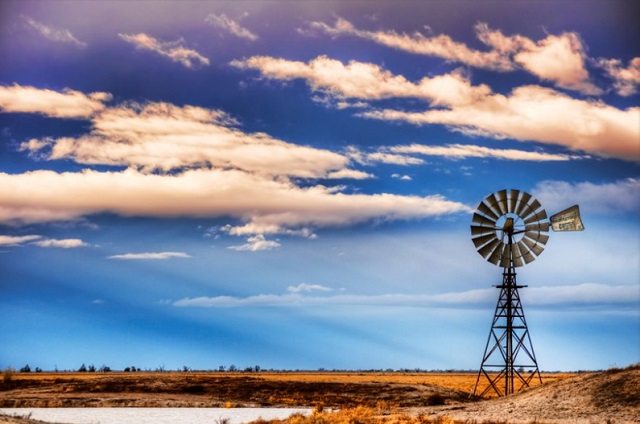
COMMENT: By Sundeep Waslekar
Countries that share riparian systems need regional security arrangements to preserve it
The changing of the guard on the 38th floor of the United Nations building in New York, with António Guterres taking over for Ban Ki-moon as UN Secretary-General, has taken place at a time when notions about peace and conflict are undergoing a subtle change. In particular, the role of resources – and especially water – is getting the recognition it deserves.
This has been a long time coming. Both Ban and his predecessor, Kofi Annan, have argued for some two decades that protecting and sharing natural resources, particularly water, is critical to peace and security. But it was not until last November that the issue gained widespread acknowledgement, with Senegal – that month’s UN Security Council president – holding the UN’s first-ever official debate on water, peace, and security.
Open to all UN member states, the debate brought together representatives of 69 governments, which together called for water to be transformed from a potential source of crisis into an instrument of peace and cooperation. A few weeks later, Guterres appointed Amina Mohammed, a former Nigerian environment minister, as his deputy secretary-general.
The growing recognition of water’s strategic relevance reflects global developments. In the last three years, the Islamic State (ISIS) captured the Tabqa, Tishrin, Mosul, and Fallujah dams on the Tigris and Euphrates Rivers. ISIS subsequently lost control of all of them, but not before using them to flood or starve downstream populations, to pressure them to surrender.
Many analysts hope that ISIS will finally be eliminated from Iraq and Syria in the next few months. But that does not mean that the group will disband; on the contrary, it may well relocate to the border areas between Libya and Chad, putting West African cities and water installations at risk.
This tactic is not exclusive to ISIS. Extremist groups in South Asia have also threatened to attack water infrastructure. And of course state actors, too, can use water resources to gain a strategic advantage.
The importance of water in the twenty-first century – comparable to that of oil in the twentieth – can hardly be overstated. Yet some strategic experts continue to underestimate it. The reality is that oil has alternatives like natural gas, wind, solar, and nuclear energy. By contrast, for industry and agriculture as much as for drinking and sanitation, the only alternative to water, as former Slovenian President Danilo Türk once put it, is water.
The same is true for trade. Consider the Rio Chagres. While it may not be widely known, it is vitally important, as it feeds the Panama Canal, through which 50% of trade between Asia and the Americas flows. There is no risk of the natural depletion of the river flow for the next hundred years, but, in the event of a security crisis in Central America, it could be taken over by rogue forces. The impact on the global economy would be enormous.
 The Independent Uganda: You get the Truth we Pay the Price
The Independent Uganda: You get the Truth we Pay the Price


